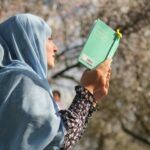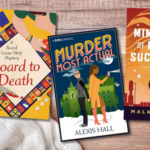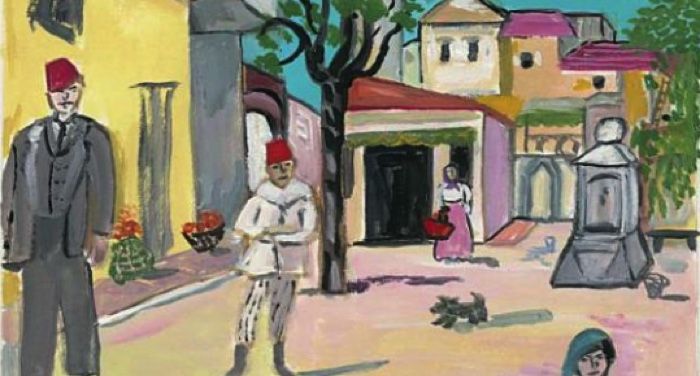
Unique Nonfiction to Add to Your TBR Pile
Have you ever been interested in a topic or sub-topic that seems so niche, or so…quirky or taboo, that when you found a book on it, you were amazed? Or found a book that flew under the radar because it looked at a topic from a marginalized or “different” viewpoint? Some of my favorite books are these “niche” nonfiction books, for lack of a better word. They’re books that maybe take an otherwise pretty popular topic and look at it from a point of view not done before, or they approach it in a whole new creative way, or refuse to follow the status quo when it comes to acceptable narratives. These kind of books blow up the genre or topic with their unique voice or viewpoint.
Or maybe they simply tell a story within a family of larger stories that sheds light on a whole new area not generally discussed or known. I love books that make me think about something in a whole new way or challenge my way of thinking about something. These niche nonfiction books help to do that for me, sometimes in surprising ways.
If you’re looking for even more nonfiction, check out this post on 15 of the best nonfiction books of 2021, and this post on fascinating deep dives into the ordinary.
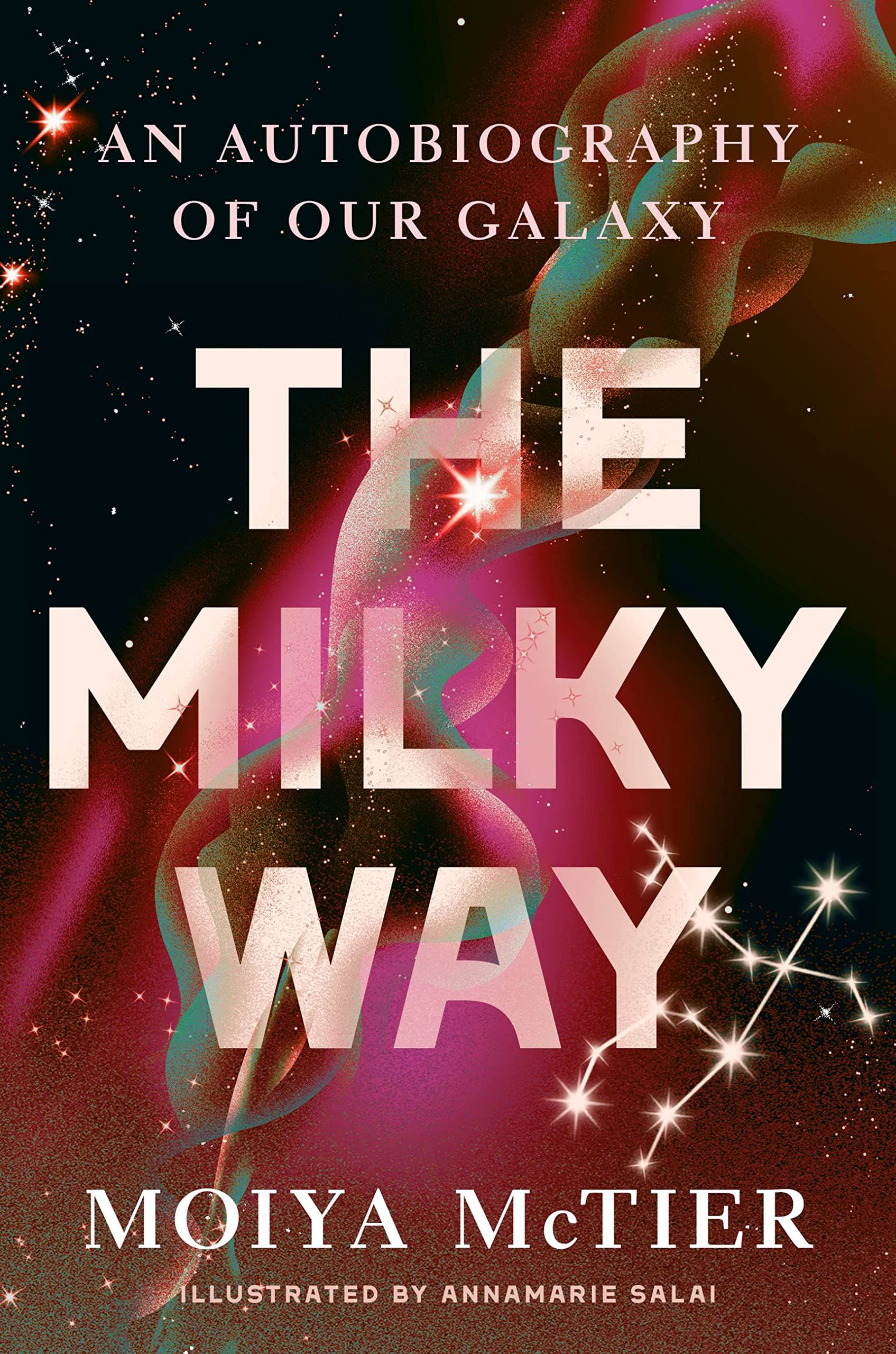
The Milky Way: An Autobiography of Our Galaxy by Moiya McTier
I cannot sing the praises of this book enough. Just look at the subtitle: an autobiography. Of our galaxy. I mean, how amazing is this? McTier is both an astrophysicist and folklorist, and it’s obvious in her writing. She tells the story of the galaxy in a way that you’ve never read before, in a wholly imaginative but fact-based way, if that makes sense. These are big concepts — huge — and yet McTier manages to write about them in a wondrous, funny, informative way that’s also really accessible. It’s not your typical space or physics book, and that’s what makes it so wonderful.
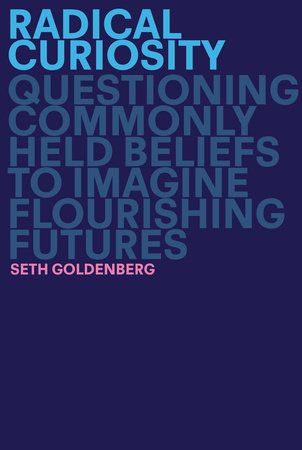
Radical Curiosity: Questioning Commonly Held Beliefs to Imagine Flourishing Futures by Seth Goldenberg
This is a book that I hope gets widely read — it posits that we have become so concerned about being right, so invested with quick solutions, that only scratch the surface, and confused schooling with learning, that curiosity and true exploration and learning have become devalued and really, encouraged to near-extinction. Yet this is a time at which we need curiosity and imagination more than ever. We are polarized, nuance is gone, discussions devolve into screaming matches, and more. Goldenberg explores education, nature, politics, childhood, and much more in this surprising book that (I hope) will serve as a wake-up call for many people.
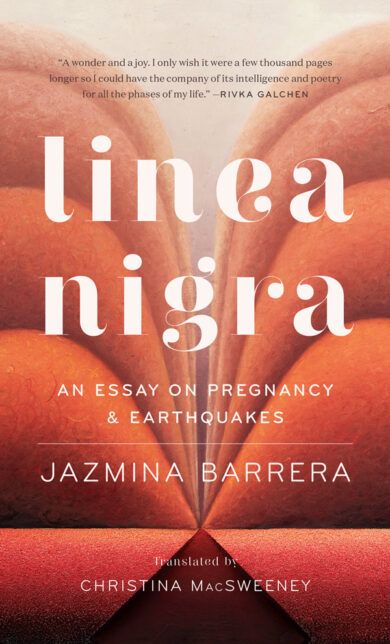
Linea Nigra: An Essay on Pregnancy & Earthquakes by Jazmina Barrera, translated by Christina MacSweeney
Sure, motherhood’s been written about before, but not like this. Barrera writes about pregnancy, birth, motherhood, and nursing while also drawing parallels to nature and natural occurrences, as well as art and spirituality. She captures the wonder and terror of the experience, and the creativity, rawness, and cyclic aspects of the process. It is lyrical and sharp, muscular and tender. It’s subversive and universal all at the same time.
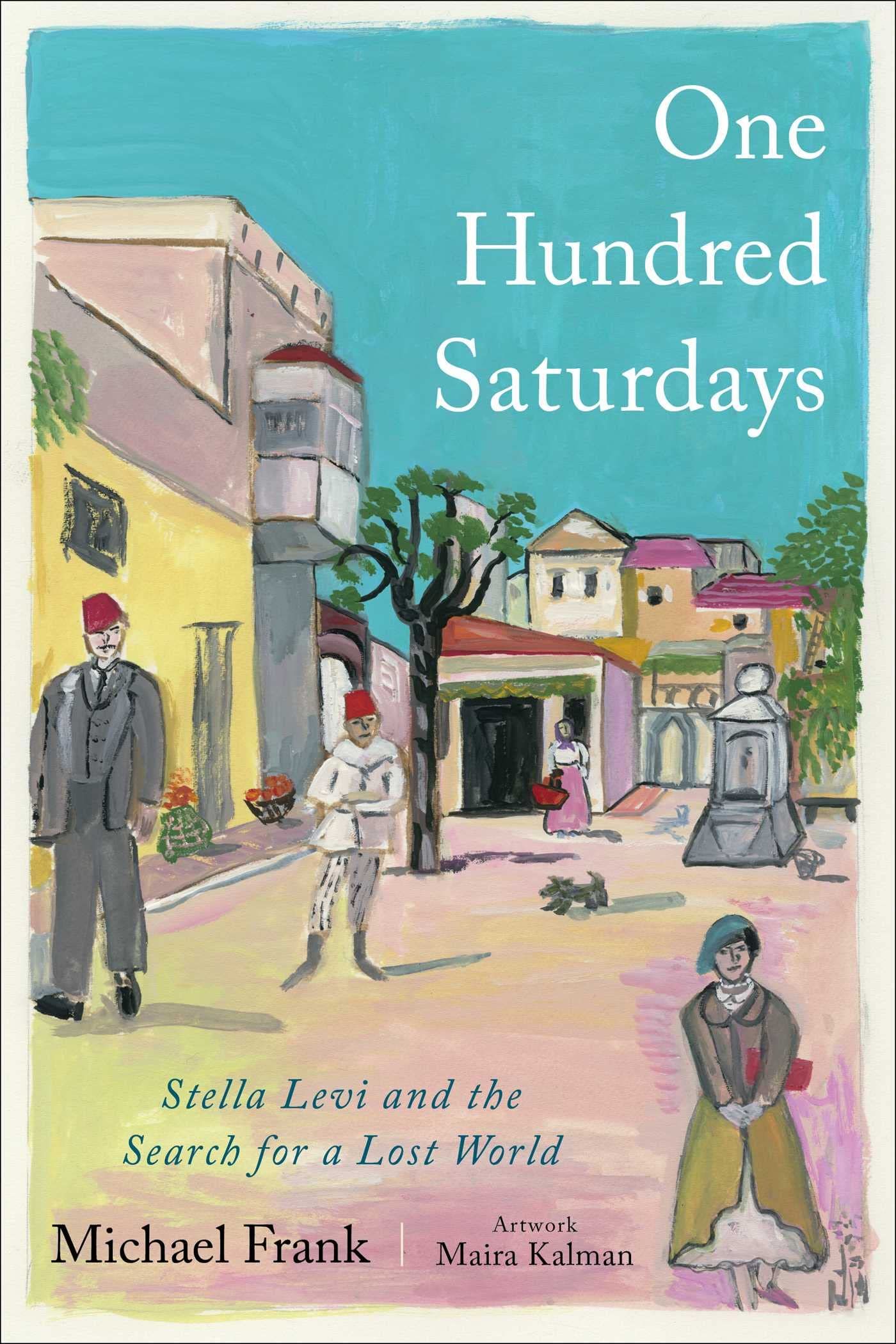
One Hundred Saturdays: Stella Levi and the Search for a Lost World by Michael Frank
There are so many books about the Holocaust and World War II that you might be thinking, another one? How is this niche at all? Because you haven’t heard this story before. Ninety-nine year old Stella Levi lived in Rhodes, the island in the eastern Aegean, in the Jewish community Juderia. The Jews there were deported in June of 1944, and after that, it didn’t exist anymore. Told over 100 Saturdays over the course of six years, this is Stella’s story about growing up there, and being deported to Auschwitz — 90 percent of the Jews who survived the journey to the camp were murdered upon arrival. But this is not a story of defeat — it’s a story of life, survival, and friendship.
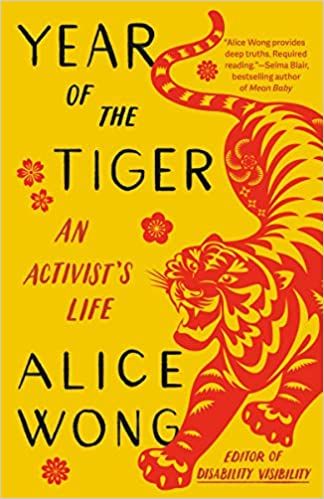
The Year of the Tiger: An Activist’s Life by Alice Wong
This isn’t your typical memoir, and Wong weaves together both memoir and nonfiction about disability justice in this book. There are essays, graphics, pictures, and conversations that comprise the book, as well as commissioned art from disabled Asian American artists, which really makes this an even more compelling and visual read. Wong writes about systemic ableism and her activist work to dismantle it, the pandemic, creativity, pop culture, and much more. This is a manifesto and a memoir, and a space for joy, anger, humor, and effecting change.
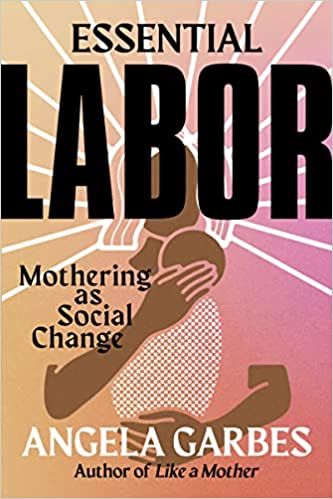
Essential Labor: Mothering as Social Change by Angela Garbes
Am I including mothering as a marginalized topic? Yes, yes I am. Mothering and motherhood, or really, even child-rearing in general, is seen as “less than.” It’s underpaid, undervalued, and wholly dismissed as something not cerebral, not transformative, and not important. And the truth is completely opposite. Mothering and child-rearing have the potential to be radical game-changers in society, and Garbes tackles this head-on. She also looks at things like the history of care work — women of color were often in these positions, which was another reason this work was not valued. This is an informative, passionate, insightful book that everyone, parent or not, would benefit from reading.
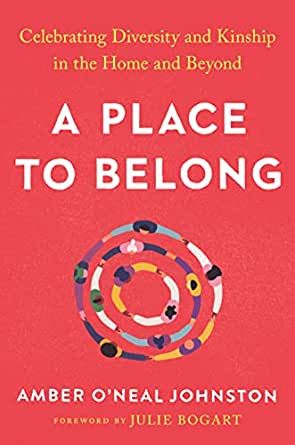
A Place to Belong: Celebrating Diversity and Kinship in the Home and Beyond by Amber O’Neal Johnston
Johnston is a Black homeschooler whom I’ve followed on Instagram for a while. She follows the Charlotte Mason educational principles, which are often painted as a whitewashed, old-fashioned, conservative curriculum. It’s typically religious (Christian), and many times, people have a love-it-or-hate-it response to it. But Johnson has incorporated diverse and inclusive lessons into her homeschooling, and her book is about families honoring their own cultural heritage and histories, while also actively choosing to incorporate diversity into everyday life through honest discussions, learning history, getting involved in community, and much more. Homeschooling is admittedly a niche topic still, but Johnston’s book is for everyone.
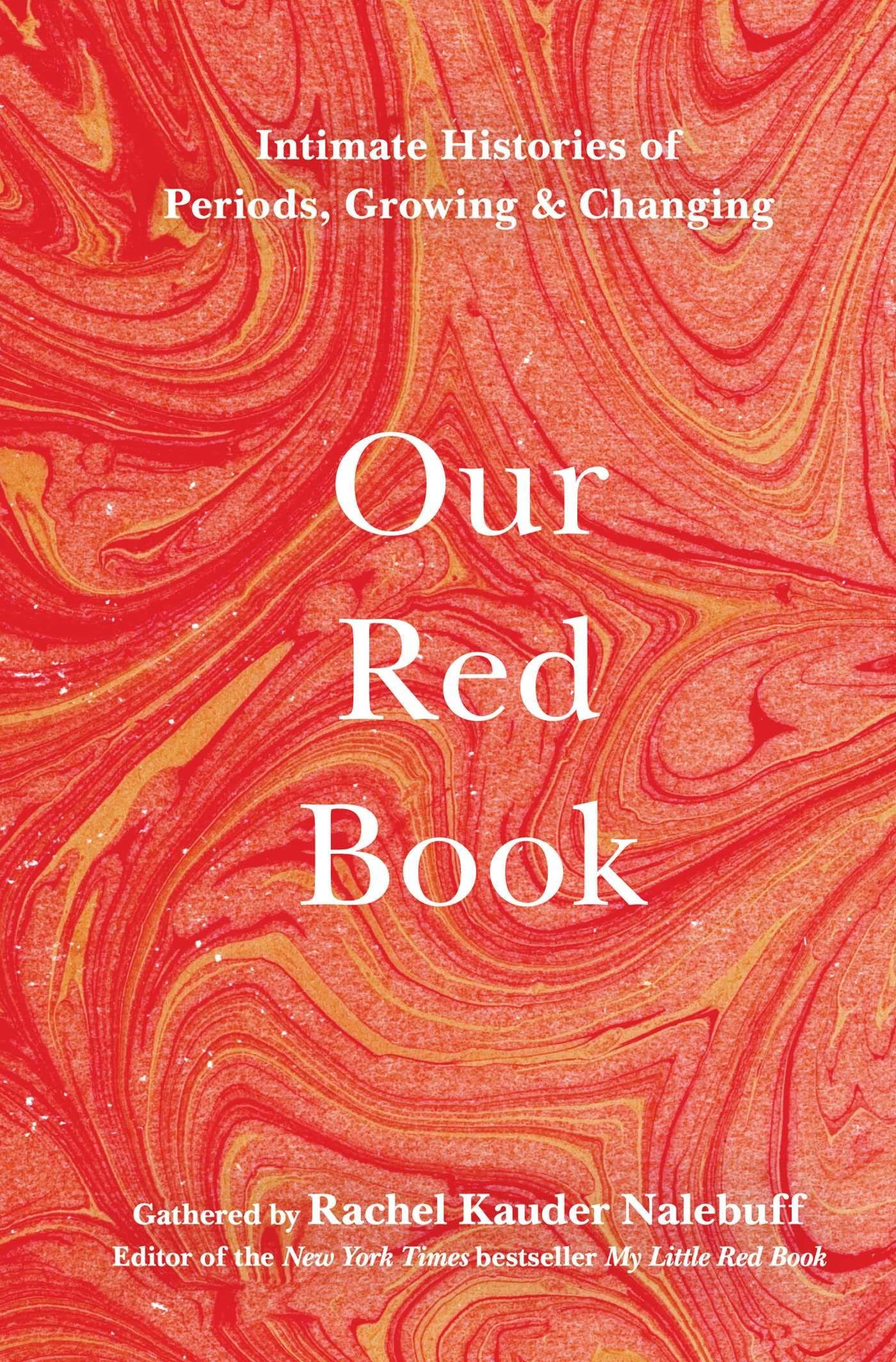
Our Red Book: Intimate Histories of Periods, Growing, & Changing by Rachel Kauder Nalebuff (Nov 1st)
Periods. Menstruation. Why this is still seemingly subversive, taboo, or niche in the year 2022 is beyond me, but it’s still not quite everyday dinnertime conversation yet for most people. I don’t often see books about the topic, which is why this one caught my eye. Nalebuff started out gathering stories about menstruation within her own family, and it became a bigger and bigger project, with people telling her stories from all walks of life: first periods, last periods, problems with periods, transitions with periods, periods while transitioning, what they learned about bleeding, and much more. There are voices across the decades in this book, making for a compelling read about something still not commonly openly discussed.
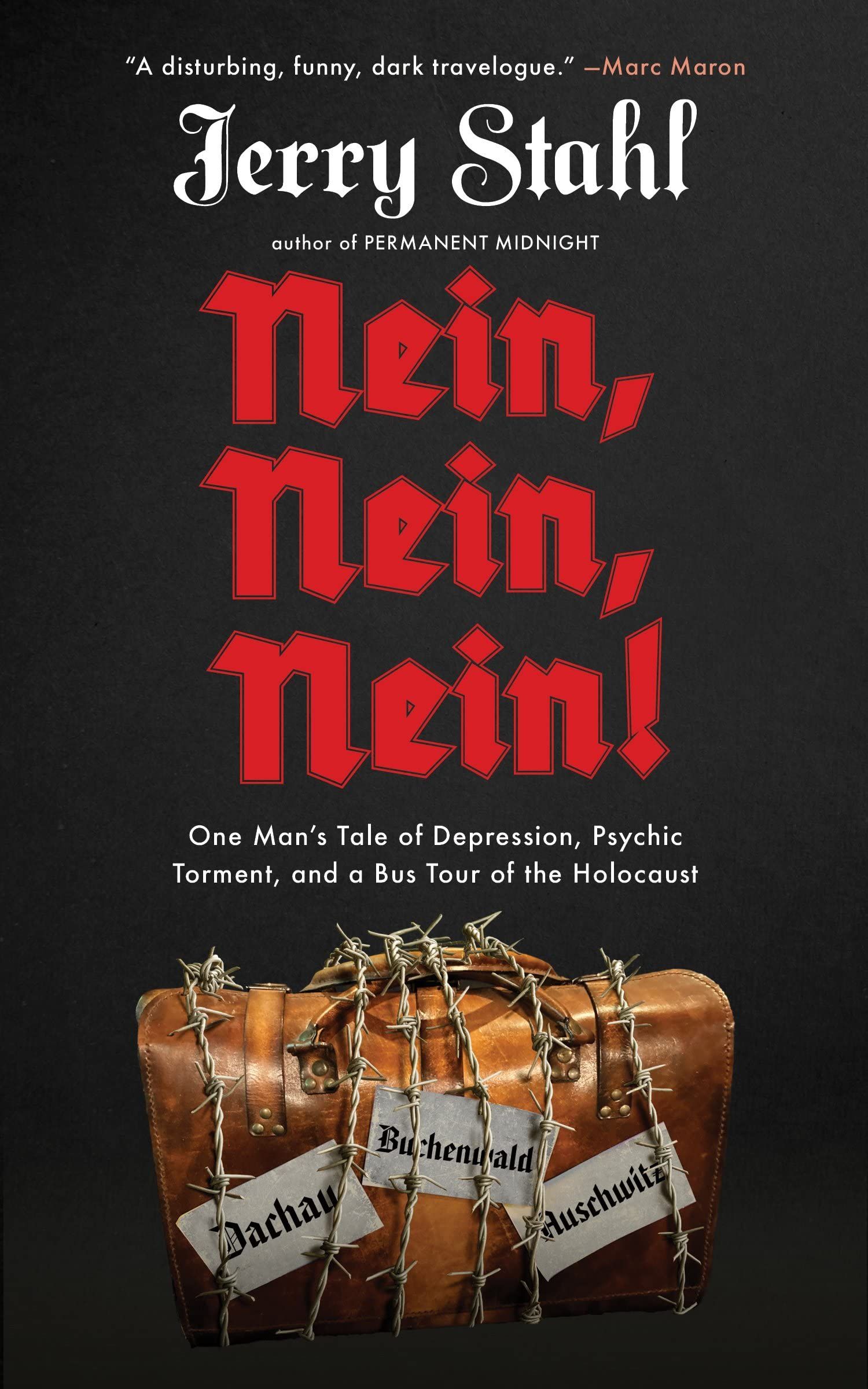
Nein, Nein, Nein!: One Man’s Tale of Depression, Psychic Torment, and a Bus Tour of the Holocaust by Jerry Stahl
Yeah, this book isn’t for everyone. I will admit that right off the bat. Stahl, known for his book Permanent Midnight (you might remember the movie that starred Ben Stiller?), might be an acquired taste for some people. Stahl, who lives with lifelong depression, was severely depressed in 2016, and wanted to go somewhere where the outside matched what he was feeling, so to speak. So he went on a tour of concentration camps. Stahl is Jewish, and his dark gallows humor is one that many Jews will recognize as they read this book. He blends personal history with general history, and captures snippets of bigotry and antisemitism in 2016 with the rearview mirror that we have now of what was to come. It’s an unexpectedly insightful book — not an easy read, but worth it.
Which ones are you picking up first?






